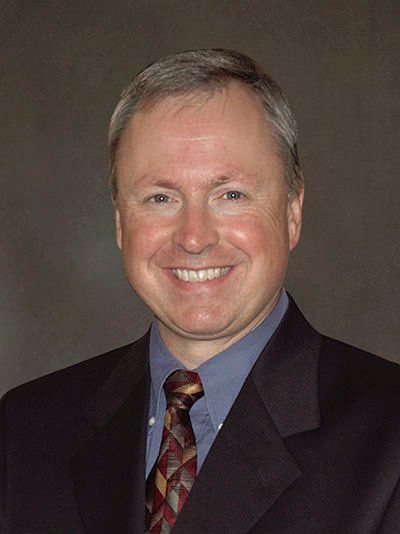Costs for a controversial electrical transmission line in southwest Wisconsin have jumped by at least 10% as a result of material price increases and ongoing legal expenses, according to the utilities involved.
Meanwhile, opponents of the project recently asked a federal court to halt construction while litigation proceeds.
ITC Midwest, American Transmission Co. and Dairyland Power Cooperative, the three co-owners of the Cardinal-Hickory Creek line, recently notified the Public Service Commission of Wisconsin that the project’s cost will increase by at least 10%.
The project previously was estimated to cost $492 million.
The higher price tag for the project, which would run from Dubuque County to Dane County, Wis., through a federal wildlife refuge at Cassville, Wis., is largely fueled by material price increases, supply chain issues and “legal costs related to multiple challenges to the project’s federal and state authorizations,” according to the utilities’ letter to the Public Service Commission.
The letter notes that ATC has experienced price increases of 93% for steel and 68% for conductor materials compared to 2018. The utility also saw costs for European-produced glass insulators jump by 10% due to high energy costs and increased rates for shipping containers.
Litigation related to the project, including one state case and two federal cases, also has caused climbing legal costs and thrown construction timing into question, the letter states. A federal district judge in January ruled that the Cardinal-Hickory Creek line could not cross the Upper Mississippi Wildlife & Fish Refuge, but the utilities appealed the decision in March in the federal 7th Circuit Court of Appeals.
Utility co-owners wrote that they cannot accurately provide a new total project cost estimate until after the 7th Circuit has concluded its appeal process. The appeals court is expected to hear arguments this fall.
Rod Pritchard, ITC Midwest spokesperson, wrote in an emailed statement to the Telegraph Herald that litigation costs are “the biggest unknown” in determining the final project cost.
“It is an unfortunate fact that legal expenditures for the Cardinal-Hickory Creek project continue to accumulate, specifically due to the plaintiffs’ misguided pursuit against this transmission line project,” he wrote. “Energy consumers in Wisconsin, Iowa and the northern (Midcontinent Independent System Operator) region will ultimately be burdened by the ongoing legal challenges from the plaintiffs for a project already approved by multiple regulatory agencies and deemed necessary by MISO for over a decade.”
As originally proposed, construction costs would be shared among 14 Midwestern states, with Wisconsin customers paying 15% of project costs.
Also last week, opponents of the Cardinal-Hickory Creek line filed a motion for injunction with the 7th Circuit Court, asking the court to halt construction of the line until the court renders its decision in the appeals case.
“What we’re trying to avoid is a situation where ratepayers are continuing to foot the bill for a power line that may never be able to connect,” said Scott Strand, senior attorney at Environmental Law & Policy Center, the organization representing opponents. “… The people who are entitled to some kind of a halt here are the folks who are being affected by the construction — our members as well as the public at large, who has no interest in either seeing unnecessary environmental destruction or paying the bill for something that doesn’t make any sense.”
Pritchard wrote that construction on the first segment of the power line in Iowa is roughly 75% complete and is slated to be finished in June. Construction is “ongoing” in Wisconsin, while work on Iowa Segment Two, which is about 2.5 miles long and includes the line segment through the wildlife refuge, has not yet begun. As of March 31, the utilities had spent nearly $277 million on the project.
Strand said ELPC representatives expect a decision on the request for an injunction in June, with oral arguments in the appeal expected to be scheduled in September.
He said continuing construction of the Cardinal-Hickory Creek line is “not necessary” when the project’s eventual fate is unknown, adding that environmental remediation of areas in which construction already has taken place would be time-consuming and costly if it is ultimately struck down.
“There is no reason why they should be allowed to march across the Driftless Area and get this thing built when they may have to take it down,” Strand said. “We think, frankly, that having to undo a bunch of work that they’re doing now is a complete waste of money, and it’s difficult to restore landscapes as sensitive as this to their pre-construction situation.”
In his email, Pritchard described the ongoing legal challenges as contrary to the region’s public policy goals of transitioning to renewable energy.
“We continue to find it perplexing that an environmental organization is challenging a vital project like Cardinal-Hickory Creek that’s needed to deliver clean, renewable power for our region’s energy consumers,” he wrote.


